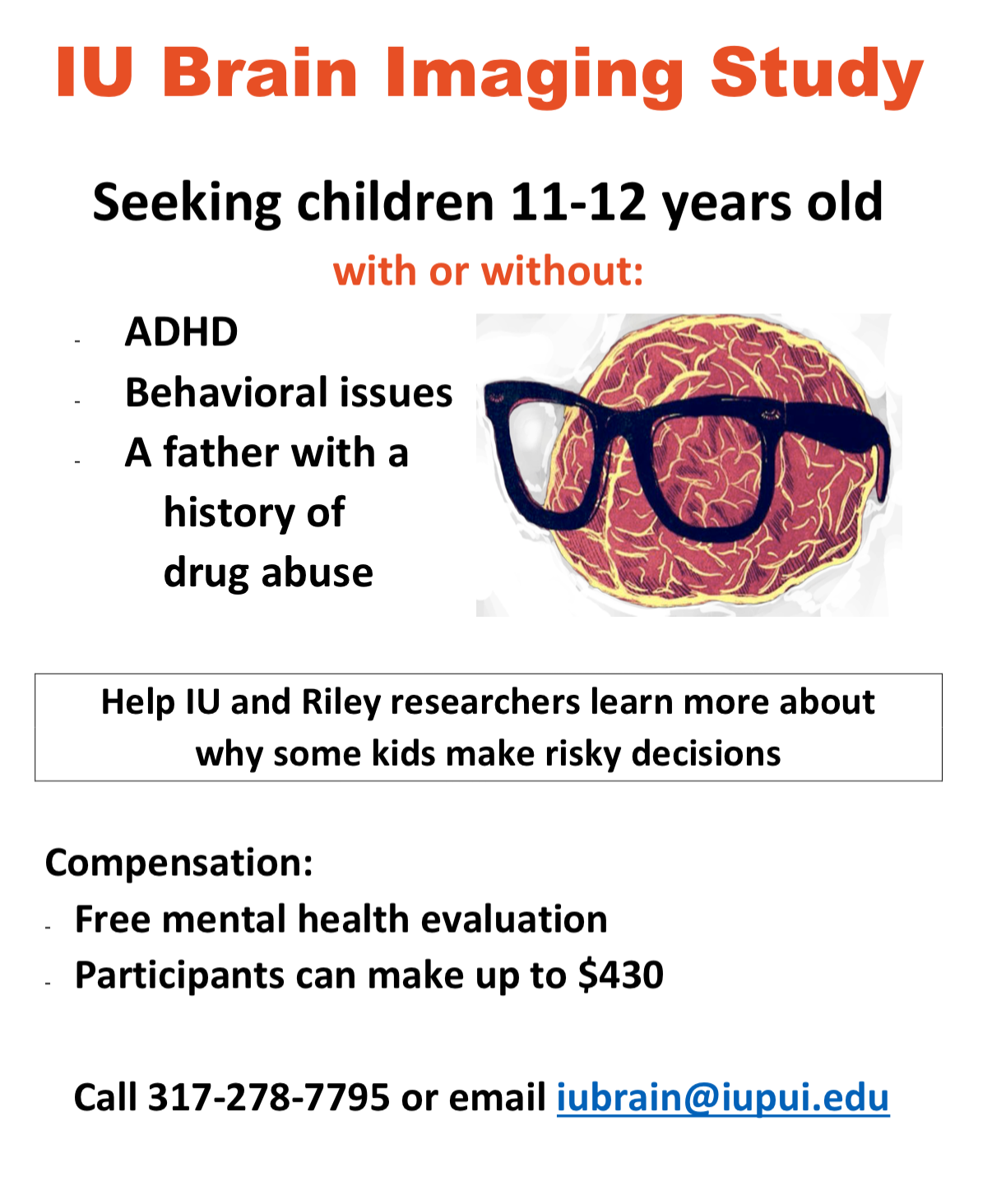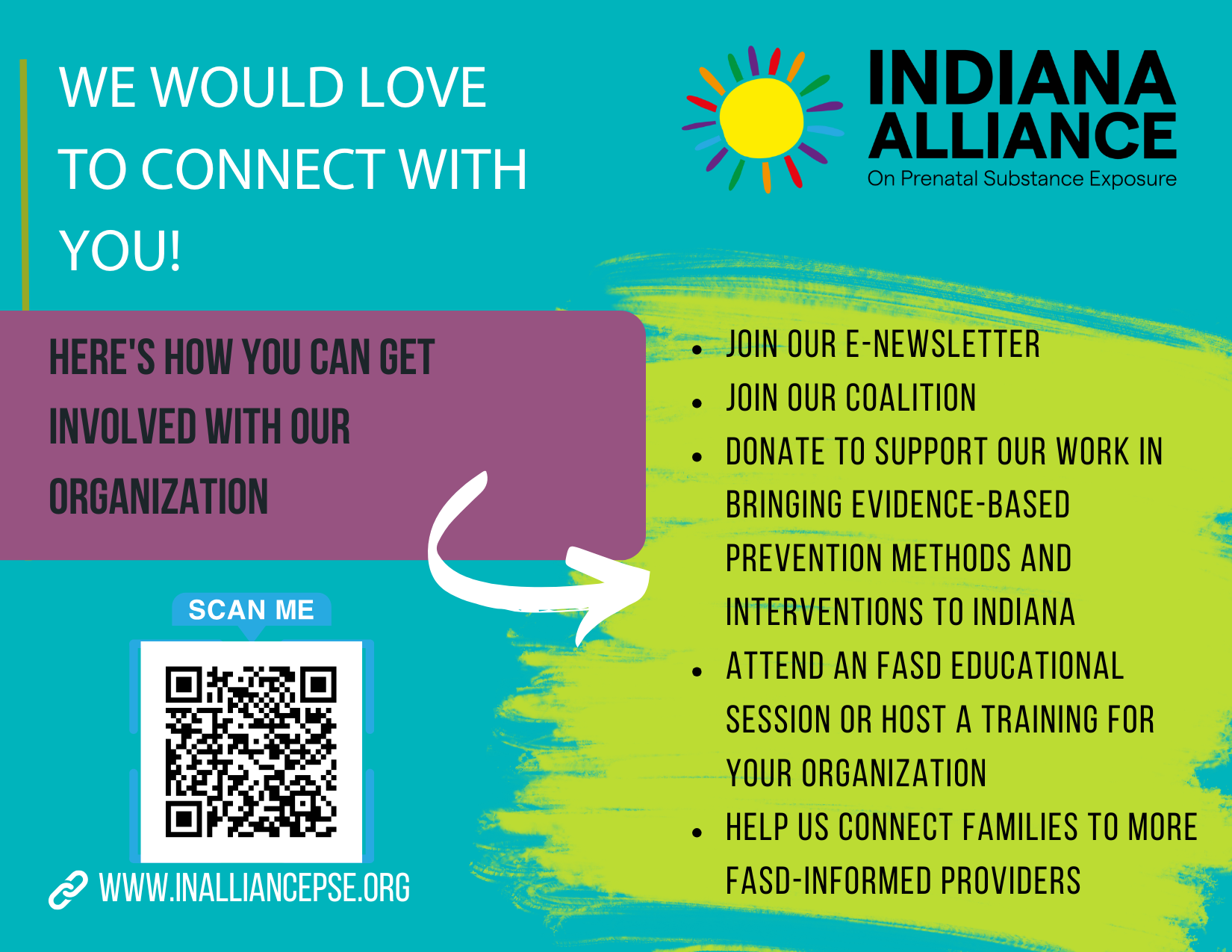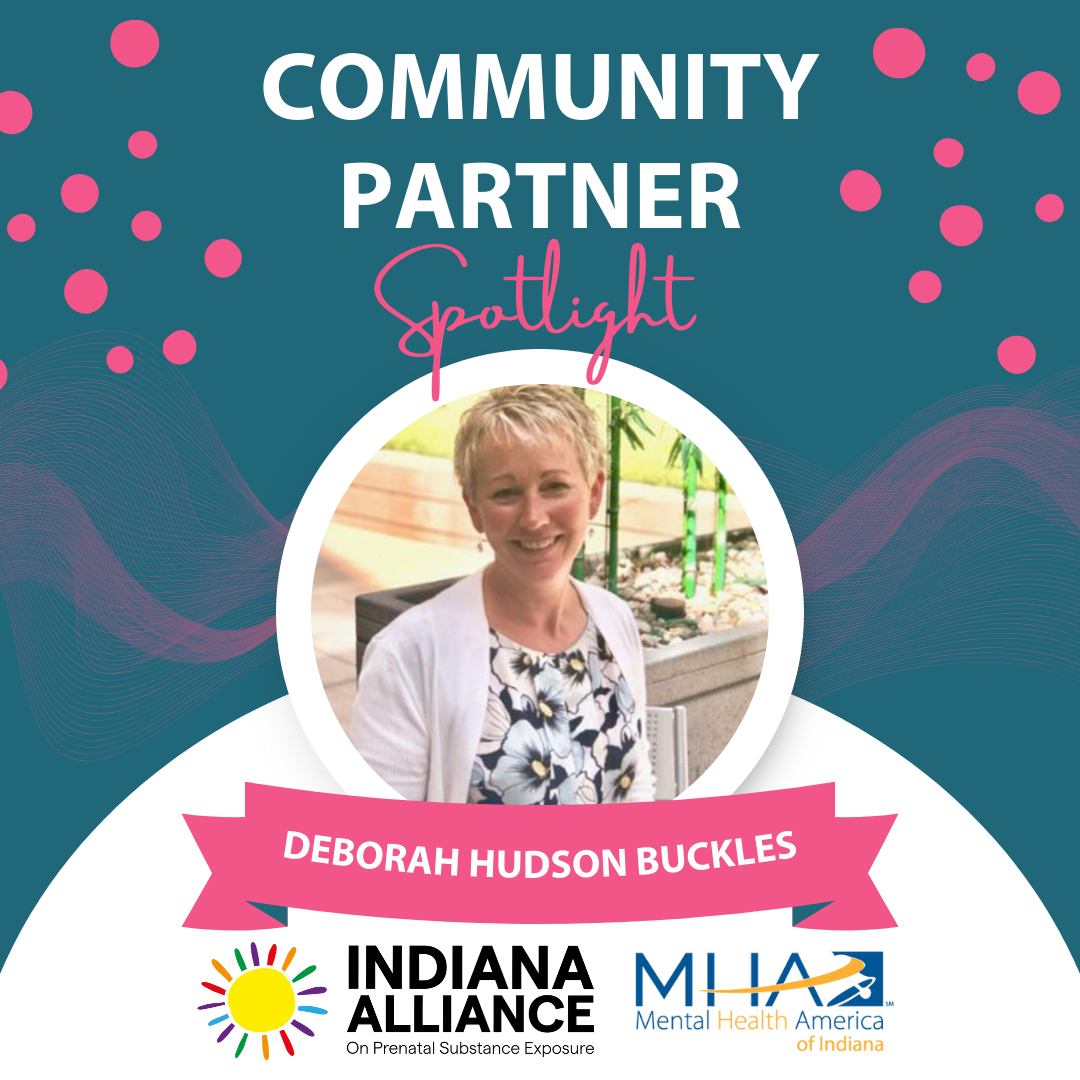

Faculty at the Indiana University School of Medicine and Riley Hospital for Children at IU Health are looking to discover why some children and adolescents are more likely to engage in risky decision-making than others through a unique brain imaging study.
The study, led by Leslie Hulvershorn, MD, assistant professor of psychiatry, is the first of its kind to investigate the brain mechanisms associated with decision-making which may predict the onset of risky behavior such as drug or alcohol use.
“We know that some children are more likely to make risky decisions and those children are more likely to go on to develop drug use disorders later in adolescence and adulthood,” said Dr. Hulvershorn. “Our team is interested in finding out more about brain mechanisms that underlie risky decision-making before a child ever uses a drug of abuse.”
Children ages 11 – 12 are invited to participate as part of the study which is funded by the National Institutes of Drug Abuse. A non-invasive brain scan (MRI) is performed while the child completes decision making tasks. Once the MRI portion of the study is complete, brief follow-up appointments are conducted every six months to assess the child’s decision-making process through a series of simple questions. Compensation is provided at all visits to the IU School of Medicine campus, as well as at each follow-up appointment.
“Once we can pinpoint the brain mechanisms that underlie risky decisions, we can develop a series of novel preventative interventions to help children and adolescents make safer, wiser choices throughout their lives.”
For more information or to schedule a 20-minute phone screen, email [email protected] or call 317-278-7795.
- Original Post: Dec. 19, 2017
- Update as of August 2018: Indiana NOFAS is sharing the details of this study as we believe it has relevance to the longer-term understanding of human health as it relates to substance use disorders and addiction. We did seek clarification regarding the scope of the study from the research team.
“We will be recruiting for this study throughout the next year as we need at least 100 more participants. […] this study is looking for brains that have not experienced any substances. So those that have experienced drug or alcohol during gestation or those born with drugs or alcohol in their systems would not be eligible for this particular study. We would absolutely appreciate posting of this flyer as we never know just how far-reaching information about this study can go. I am sure that there will be additional studies and I will be happy to keep you apprised of those.”







